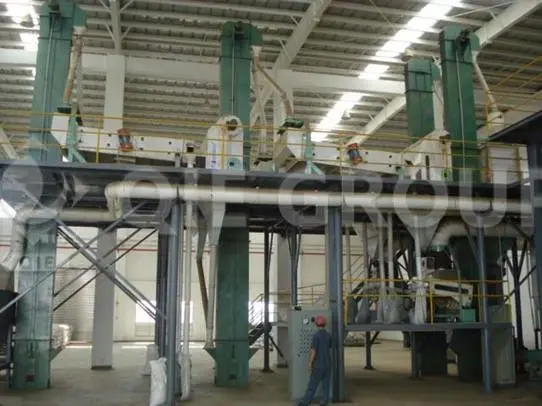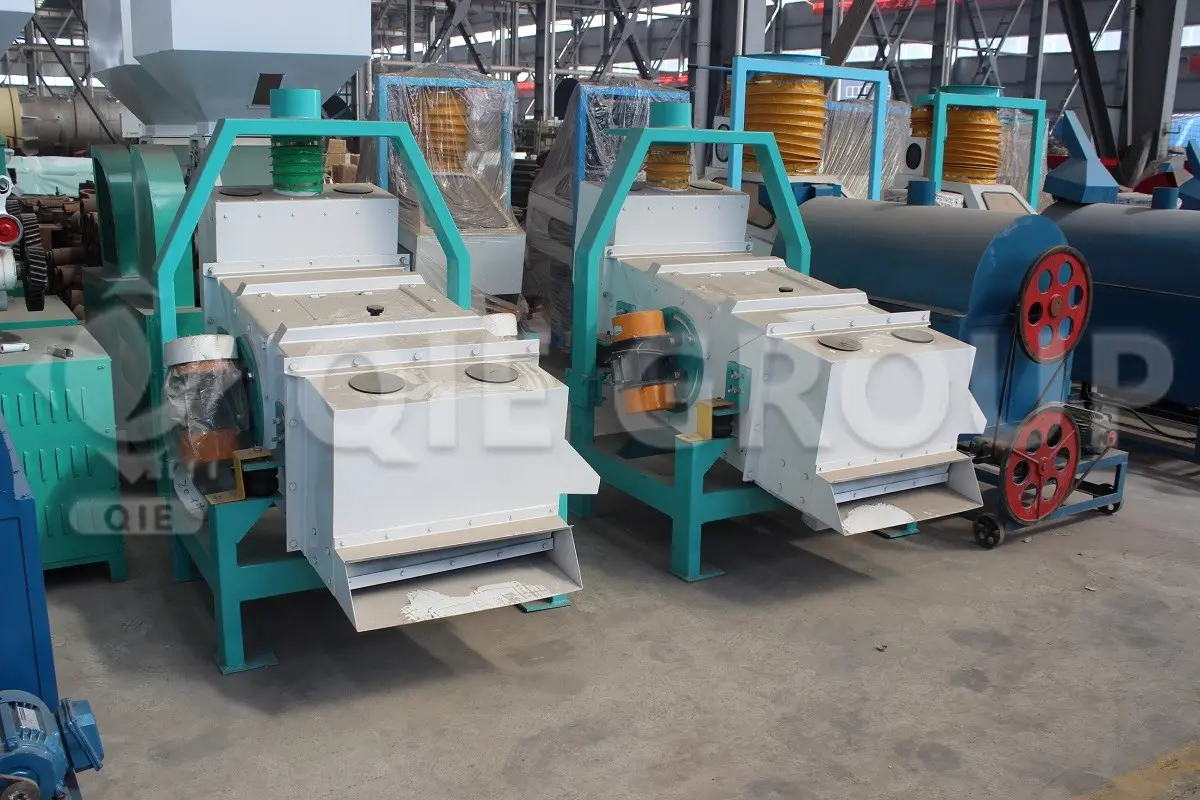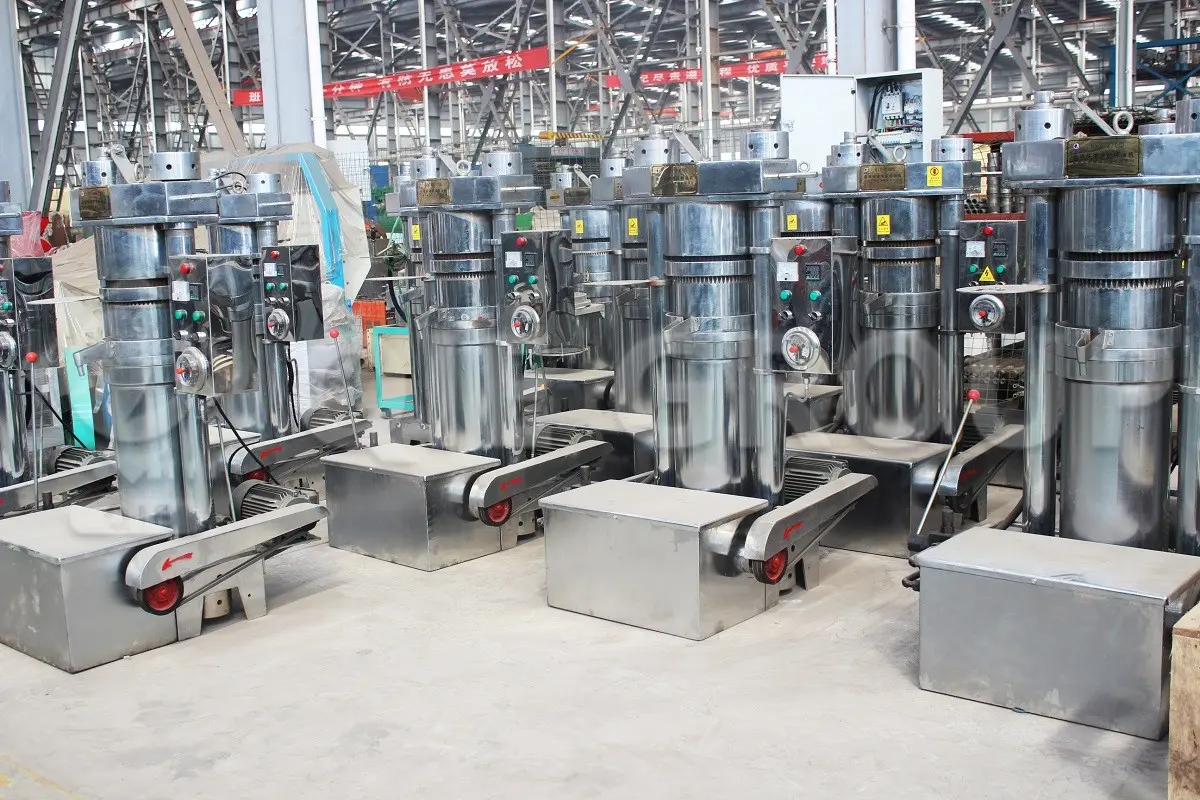As a global leader in edible oil processing equipment, QIE Group provides comprehensive solutions—from single machines to turnkey sesame oil processing plants. This article will guide you through building an efficient sesame oil factory in Sudan, covering market potential, core production processes, equipment configuration, investment estimates, and local implementation considerations.

Sesame oil is recognized as a healthy edible oil, and its consumption continues to rise across Asia, the Middle East, and Africa. Sudan, as one of Africa’s main sesame producers, contributes approximately 15% of global production, offering abundant raw materials at competitive costs. Establishing a sesame oil processing plant locally allows investors to capture the untapped refining market and expand export opportunities.
Raw sesame oil can sell at significantly lower prices than refined sesame oil, with a price difference of 30%-50%. Producing refined oil that meets international standards (e.g., Codex Alimentarius) enables access to high-profit export markets in Europe, North America, and the Middle East.
Market Research: Analyze local consumption and export channels to Europe and the Middle East, determining whether to produce refined sesame oil or specialty-flavored oil.
Plant Location: Preferably near major sesame-producing regions such as Gedaref State, with convenient logistics and stable power supply.
Raw Material Supply: Secure long-term agreements with local farmers to ensure daily sesame supply ≥ 120% of the designed capacity (to account for losses).
| Stage | Function | Key Equipment |
|---|---|---|
| Pre-treatment | Remove impurities, dehull, condition seeds to improve oil yield | Vibrating screen + magnetic separator, sesame dehuller |
| Pressing | Extract crude sesame oil | hydraulic oil press (low-temperature, preserves flavor), screw press (high-efficiency) |
| Solvent Extraction | Maximize oil recovery, residual oil ≤1% | Horizontal extractor, desolventizer |
| Refining | Degumming, neutralization, decolorization, deodorization | Centrifuge + bleaching tower + deodorizer |
💡 Process Tip: Small-scale plants may skip solvent extraction to reduce solvent management costs. Large-scale plants should include extraction equipment to maximize oil yield.

| Plant Scale | Daily Capacity | Recommended Equipment | Target Market |
|---|---|---|---|
| Small | 10-20 tons | Cleaner + hydraulic press + plate & frame filter + refining tank | Local retail |
| Medium | 30-50 tons | Screw press + extraction line + continuous degumming/neutralization + deodorizer | Domestic wholesale + nearby export |
| Large | 100 tons+ | Fully automated pre-treatment line + pre-press/extraction integrated line + continuous refining + automated filling | High-end international market |
Equipment Investment: About 60%-70% of total investment. Small-scale plants require lower investment, medium-scale plants require moderate investment, and large-scale plants require higher investment.
Infrastructure: Land and buildings account for approximately 20%-25%, adjustable depending on local industrial zones or construction conditions.
Working Capital:Raw material procurement, operational expenses, and management account for about 15%-20% of total investment.
💡 Tip: Actual investment may vary based on capacity, process selection, plant location, and local construction costs. It is recommended to reserve some flexibility in the initial planning stage.

Power: Install 200% backup generators due to grid fluctuations.
Workforce: Train local operators, focusing on equipment maintenance and food safety standards.
Obtain Sudanese SSMO food certification; export to the EU requires HACCP + ISO 22000.
Refined oil should comply with CODEX STAN 26-1981.
Installation & commissioning: Our engineers will provide on-site guidance for trial production within 2-4 weeks.
Ongoing support: Remote monitoring systems and annual maintenance agreements.
Ensure smooth transportation of sesame from farms to the plant.
Plan storage and export logistics to maintain oil quality.
As a professional supplier, We provides sesame oil production lines, sesame oil processing plants, and sesame oil refinery equipment, with the following advantages:
✅ Full-cycle services: Plant planning → equipment selection → installation & training → quality control system setup
✅ Flexible solutions: Modular expansion options, e.g., start with pressing, later add extraction and refining lines
✅ Equipment upgrade assurance: Reserved interfaces for additional extraction or refining units to meet future production growth
Building an efficient sesame oil processing plant in Sudan leverages abundant raw materials and meets growing global demand. With QIE Group’s expertise, international investors can achieve fast, reliable, and sustainable production.
Contact Us:
For detailed configuration and quotation of Sudan sesame oil factory, please contact our professional consultants and start your turnkey project immediately.



.webp?x-oss-process=image/resize,h_800,m_lfit/format,webp)





